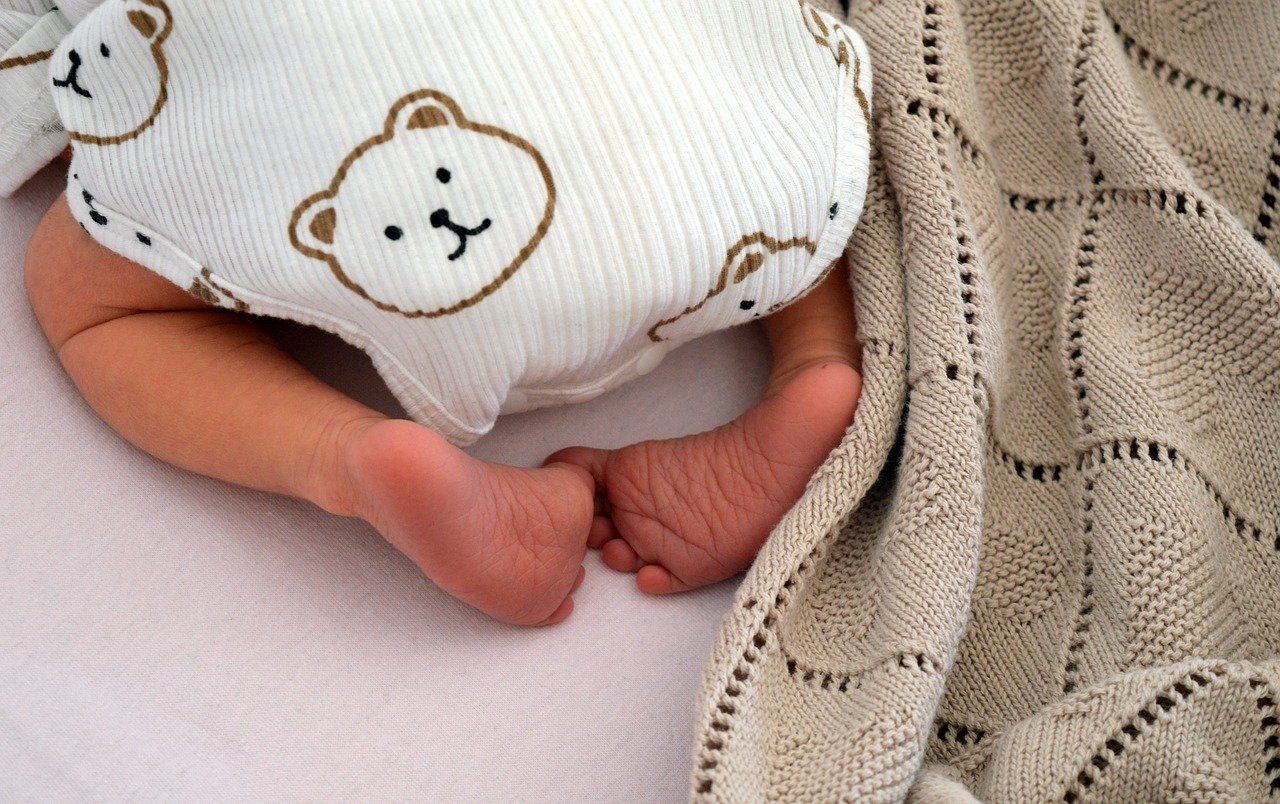Congrats on your big news, you’re going to be a Dad! Very exciting, maybe a bit nerve wracking too, but don’t worry we’ve got you covered.
From one Dad to another – it is going to change you, but you’ll be alright, not just alright but a better version of yourself… once you’re out of the sleepless nights stage.

Lifestyle Changes
- Time Management – you’ll quickly learn that time is a precious commodity, tasks that used to take 10 minutes are now going to take A LOT longer with a baby in tow. To overcome this, you will need to re-evaluate priorities and plan ahead. No more nipping out to pick up a few things when you feel like it – you’ll be amazed at how long it takes to leave the house with a baby.
- Social Dynamics – you may find that friendships shift as you navigate life with a child. Some friends may not fully appreciate the demands of parenthood, while others may become closer as they share similar experiences. You may become fully immersed in a conversation about inconvenient dirty diapers with fellow fathers, or taking part in ‘who got the worst sleep last night’ competitions, something that you would have had no interest in prior to becoming a Dad.
Parenting groups or classes can also provide new social opportunities, granted they are usually quite Mum-heavy but there are definitely some Dads and even Grandads that attend these groups. - Self-Care – Finding time for personal interests, exercise or relaxation is going to become challenging but it is crucial to maintaining good mental health. Dads, like Mums, often need to carve out time to recharge, whether it’s through hobbies or quiet moments. Even a solo trip to the shops to pick up the essentials can be a welcome escape for a short period.
Emotional Challenges
- Loss of Identity – prior to becoming a Dad you probably had a strong sense of self, secure in the knowledge of who you were; becoming a Dad may change this. You might find yourself grappling with transition from individual to caregiver which can lead to feelings of loss or confusion about your identity. Additionally, if you had a good male role model when you were a child, you may find you start comparing yourself to them and wondering if you’re up to the task. Alternatively, if you didn’t have a good male role model growing up, you may reflect on this and strive to do better for your child.
- Parental Anxiety – Your new child is going to make you worry. It is absolutely normal to worry about your child’s health, safety and future. This anxiety can manifest itself in various ways, such as sleepless nights or overprotectiveness. Acknowledging these feelings and discussing them with your partner/spouse can help.
- Relationship Dynamics – Your relationship with your baby’s mother is going to change, there’s no way to sugar coat it. You are both stepping into the unknown together. Effective communication and teamwork are essential. Disagreements will happen but it is important to support each other through challenges. When times are tough, remember that you are a team and are in this together.
Increased Responsibility
- Caregiving – hands-on parenting requires dedication, you need to be willing to change, feed, bath, teach and nurture your child. Dads are becoming increasingly more involved in day-to-day caregiving, which fosters a strong connection with their child. If your child is breastfed, then it is likely (but not a certainty) that you won’t be helping with feeding in the first few months, but you can help with absolutely everything else. Take on a task that only you and baby do together to help grow that connection from the start.
- Long-term planning – at times you’ll find yourself daydreaming about your child a few years down the line, what school will they go to, which extra curricular activities will they do, what will their social environment look like. This is a healthy practice as it is up to you as a primary caregiver to help guide them down a positive and fruitful path. It will involve ongoing decision making, communication with your partner/spouse and a proactive attitude towards basing these decisions around your family values.
- Role Modeling – you, as your child’s father, are going to play a crucial role in shaping your child’s values. Understanding relationships, work ethic and social interactions are just the tip of the iceberg when it comes to how you will influence your child whether consciously or unconsciously, this is why it is imperative that you are aware of your behavior when you are with your child as it can significantly impact them positively and negatively.
Creating Strong Bonds
- Quality time – engaging in activities your child enjoys will help strengthen your relationship. Whether it is chasing them when they’ve just learned to crawl, playing sports when they are older or just talking, these moments can create lasting memories for you both.
- Emotional availability – You must be present and responsive to your child’s emotional needs, this is vital. It can involve comforting them during tough times or celebrating their achievements (even if it just looks like a scribble), this will build trust and security which is a fundamental part of strong relationships.
- Lifelong Connection – The bond formed during early childhood often lays the foundation for your relationship throughout life, this is why it is so important that you dedicate yourself to showing up for them. As children grow, maintaining open lines of communication and taking an interest in their lives fosters a deeper connection.
Fatherhood is a transformative journey filled with ups and downs. Embrace the changes, seek support when needed, communicate with your partner/spouse and cherish the moments with your child.



